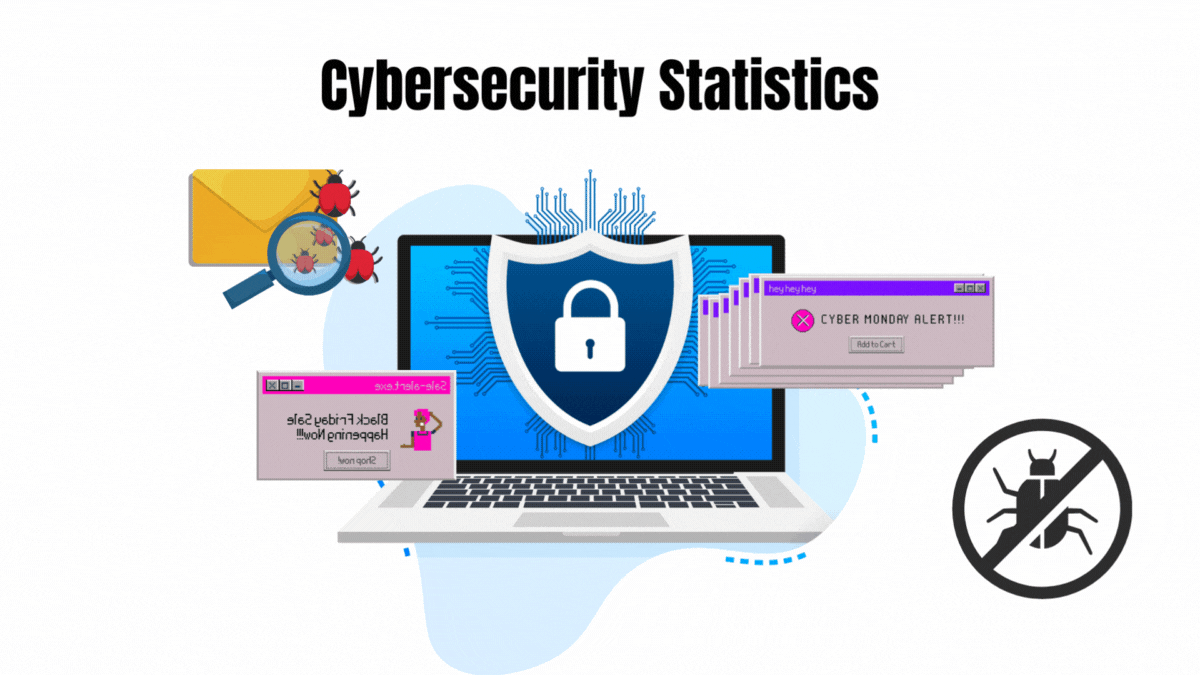Oracle to ‘Vigorously Challenge’ DOJ for PeopleSoft
Oracle
In issuing the DOJ's decision, Pate said an Oracle consumption of
Despite the big blow to Oracle, analysts cautioned that there is still a lot Clint Boulton, a senior writer at CIO, covers IT leadership, digital transformation, and the CIO role. He was a content marketer for Dell APEX. Inspire IT leaders with tales about the advantages of multi-cloud infrastructures. Dunning-Kruger bias is something that keeps IT leaders sceptical, but curious nonetheless. has vowed to “vigorously challenge” the Department of Justice's decision to block the software maker's attempt to purchase PeopleSoft
for $9.4 billion.
Because such litigation will extend beyond PeopleSoft's annual shareholders' meeting on March 25, Oracle said it will withdraw its recommended slate of directors and will not solicit proxies at the meeting. It also extended its latest tender offer of $26 per share for PeopleSoft, an 18.8 percent premium, to June 25, 2004. The previous deadline was March 12.
Oracle's decision, widely expected by those familiar with Chief Executive Officer Larry Ellison, came just a few hours after DOJ Assistant Attorney General R. Hewitt Pate announced his decision to quash the bid and file a civil lawsuit in the U.S. District Court of San Francisco.
The Redwood Shores, Calif. company said in a statement that its board of directors met and decided to take on the DOJ because it disagrees with the DOJ's claim that currently only three vendors meet large businesses' needs
for enterprise applications.
Oracle said the DOJ's view “does not fit with the reality of the highly
competitive, dynamic and rapidly changing market.”
“We believe that the government's case is without basis in fact or in law,
and we look forward to proving this in court,” said Jim Finn, Oracle
spokesperson.
Pleasanton, Calif.'s PeopleSoft would limit choice in the market because the
number of large enterprise applications concerns, which make software to
automate business operations, would be cut from three to two. Germany's SAP is No. 1 in this lucrative market.
He also said such as deal would stunt innovation and cause software prices
to increase in the industry. This, he argued, would hurt customers.
Attorneys General from Hawaii, Maryland, Massachusetts, Minnesota, New York,
North Dakota, and Texas are joining the DOJ's lawsuit.
of work to be done on both sides before the matter is resolved. Oracle is
waiting for the European Commission's decision to approve or block the deal,
which isn't expected until May. Experts said the EC tends to support the
DOJ's action in such cases.
Then there is the mountain of litigation costs such a case usually incurs.
If Oracle wants to fight the DOJ, it would have to be prepared to spend
millions to litigate over many years, according to Ken Marlin, a mergers and
acquisitions investment banker with specialist advisory firm Marlin &
Associates.
Meanwhile, PeopleSoft is by no means out of the woods now that Oracle has
pledged to fight the government.
Lee Geishecker, research vice president for enterprise applications for tech
research firm Gartner said PeopleSoft still has bid issues to take up at its
shareholder meeting on March 25, proxy matters to attend to, and the
European Commission's decision.
“The deal is not dead just because the DOJ is blocking it,” she told
internetnews.com. “This is a huge crossroads, but again, it's not the
end for either. PeopleSoft can't just sit back and say ‘whew', glad that's
done.”
Read next
